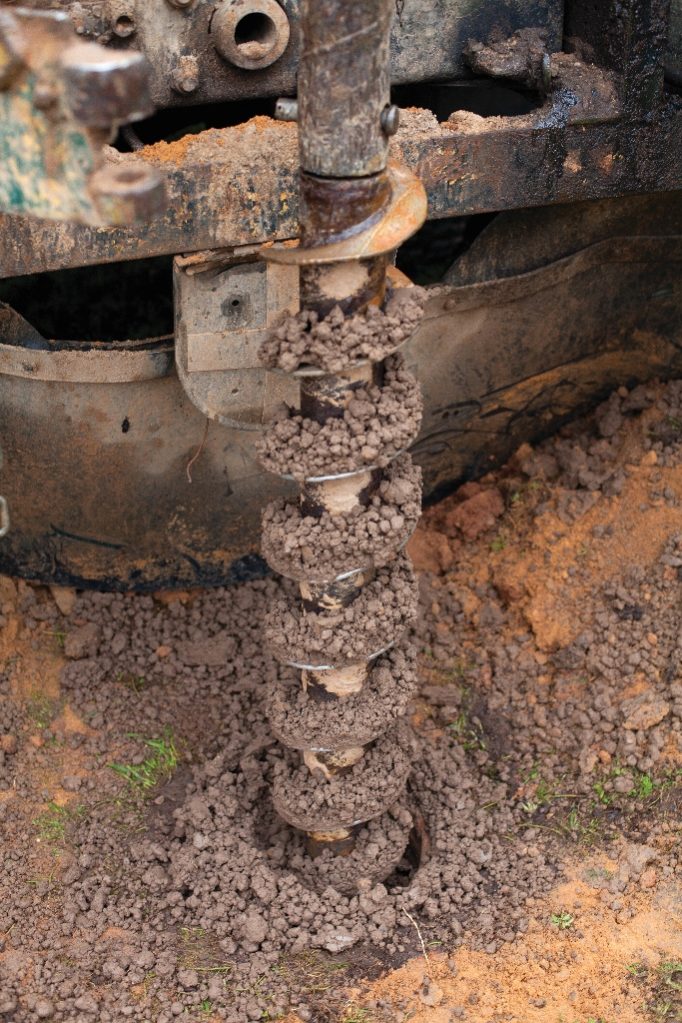The current spate of opportunities in the Nigerian mining sector is predicated on a true spread of federal powers. Potential investors must be hoping that newly-elected President Muhammadu Buhari gives the mining sector the much-needed attention it deserves.
The sector has been neglected with swaths of red tape preventing it from developing. Crucially, if the mining sector is to succeed then the recently privatized power sector is integral to its success. Ask any Nigerian about the problems they face on a daily basis, you will find it hard to find one who won’t mention the infamous power outages.
When those concerns are transferred to industry it deters any serious mining activity taking place. Unless a mining company develops its own independent power plant it is highly unlikely that Nigeria will be considered as a mining hub despite its mineral wealth. Erratic power supply does not encourage mining companies that want to increase profits while decreasing production costs, especially when commodity prices, such as gold and iron, are trading at record lows.
Having spent the last year as Africa’s biggest economy and touted to have the 19th biggest economy in the world by 2030, Nigeria is expected to employ robust resource governance in accordance with international best practices. India has implemented a policy of backwards integration which has been met with success. Industrial behemoth, Jindal Steel & Power, is a glowing example of how backwards integration can result in financial growth for a company.
It would be remiss of me to not commend the efforts of the previous government to transform the petroleum industry with the proposed Petroleum Industry Bill. Although delayed, it was a sign of the government’s willingness to change what has been a mismanaged government sector. The mining sector has until now failed to develop a legal and regulatory framework that will keep up with international best practices. Like an unwanted puppy, it struggles for care and attention. Instead it is neglected and imposed with an archaic tax regime.
The government must impose trade tariffs, as seen with the ban on the importation of poultry products to entice prospective participants. Additionally, fiscal federalism is necessary so that powers are devolved to the state. At present, the constitution states the federal government owns all resources.
Opportunities in the mining sector are vast due to the untapped deposits that are yet to be mined. Furthermore, the prospect of backwards integration allows for companies to effectively manage their resources.
In its ability to harness an effective framework, Ghana recently hosted a delegation from Zambia to advise the country on how to manage its resources. The government is also talking to the 13 multinational mining companies that operate in the country over the possibility of embarking on underground mining operations.
No man is an island. Despite its economic prowess, Nigeria must seek the help and advice of other countries with developed mining industries. Just like Ghana sought help from Nigeria about managing its oil production, Nigeria must extract knowledge from Ghana as to how to run its mining sector efficiently. Mistakes of the past should not be repeated. Nigeria also needs industrial stakeholders to promote, research and develop the mining sector.
Nigeria does not need to import raw materials for many of its industries. The ingredients can be found in the deposits scattered across the 36 states, all of which can be used as agents of change to satiate local and international appetite for finished products. This is added value but it something that is proving difficult to harness due to porous infrastructure.
If talk is cheap, then the labored rhetoric of diversification without the expense of action will prove costly in the long run.
